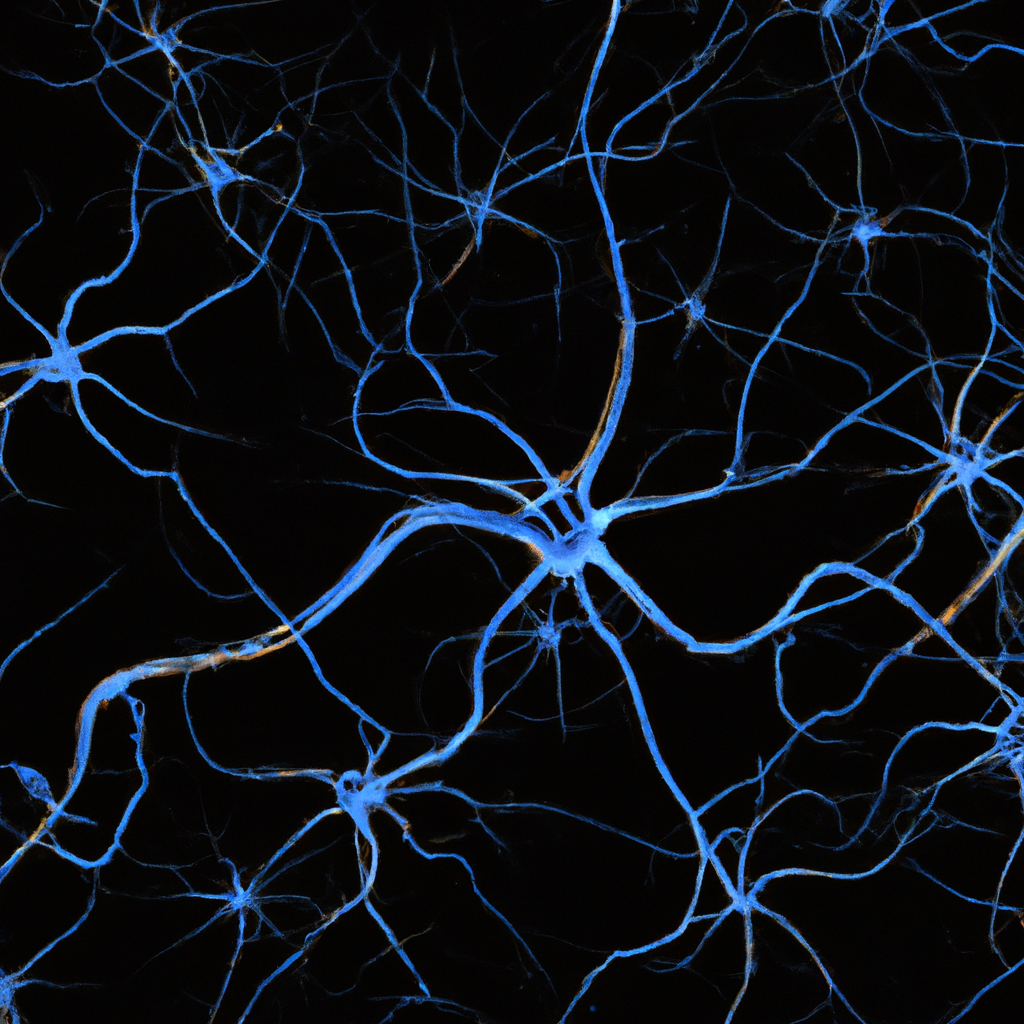ADHD affects individuals of all ages, impairing their ability to focus, regulate impulses, and maintain attention. Dopamine, a neurotransmitter associated with the brain’s reward system, plays a crucial role in ADHD. People with ADHD often have imbalances in dopamine levels, leading to difficulties in motivation, concentration, and emotional regulation. While medication can help manage ADHD symptoms, there are also natural ways to boost dopamine levels and enhance the brain’s reward system. In this article, we will explore the relationship between ADHD and dopamine and discuss various natural strategies to increase dopamine production.
Understanding the Link between ADHD and Dopamine:
Dopamine is a neurotransmitter that acts as a chemical messenger in the brain, regulating motivation, pleasure, attention, and other cognitive functions. Research suggests that individuals with ADHD may have lower levels of dopamine or dysregulation in the dopamine pathways, affecting their ability to experience pleasure and maintain focus. Dopamine plays a vital role in the brain’s reward system, which reinforces behavior and promotes motivation. When dopamine levels are imbalanced, it can contribute to the core symptoms of ADHD.
Natural Ways to Boost Dopamine Levels:
- Regular Exercise: Engaging in physical activity stimulates the release of dopamine, promoting a sense of pleasure and well-being. Regular aerobic exercises like running, swimming, or cycling can significantly increase dopamine production. Aim for at least 30 minutes of moderate to intense exercise several times a week to reap the benefits.
- Healthy Diet: Certain foods can support dopamine production. Incorporate foods rich in tyrosine, an amino acid precursor to dopamine, into your diet. Examples include almonds, avocados, bananas, eggs, fish, and lean meats. Additionally, ensure a balanced diet with adequate protein, complex carbohydrates, and healthy fats to support overall brain function.
- Get Sufficient Sleep: Lack of sleep can disrupt dopamine regulation and worsen ADHD symptoms. Establish a consistent sleep schedule and create a relaxing bedtime routine to promote quality sleep. Aim for 7-9 hours of sleep per night to optimize brain function and dopamine production.
- Mindfulness and Meditation: Practicing mindfulness and meditation techniques can enhance dopamine release and improve attention and self-regulation. Regular mindfulness exercises, such as deep breathing, yoga, or meditation, help reduce stress and increase overall well-being.
- Engage in Hobbies and Creative Activities: Participating in activities you enjoy can naturally boost dopamine levels. Engaging in hobbies, such as painting, playing music, or pursuing other creative outlets, activates reward pathways in the brain, promoting dopamine release and enhancing focus and motivation.
- Social Interactions and Support: Meaningful social connections and positive interactions with others stimulate dopamine release. Surround yourself with supportive friends and family members, engage in group activities, and foster healthy relationships to promote dopamine production.
Understanding the connection between ADHD and dopamine is useful for managing symptoms and optimizing brain function. While medication can be beneficial, incorporating natural strategies to boost dopamine levels can provide additional support. By engaging in regular exercise, adopting a healthy diet, prioritizing sleep, practicing mindfulness, pursuing hobbies, and fostering social connections, individuals with ADHD can naturally enhance their brain’s reward system and improve attention, motivation, and overall well-being.
It is important to note that these strategies should be used in conjunction with professional guidance and tailored to individual needs.
